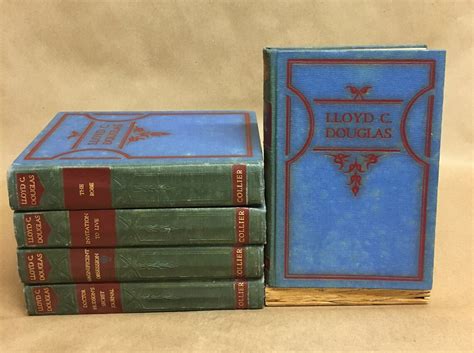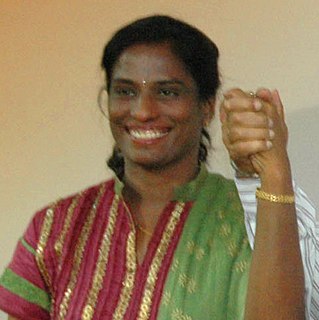A Quote by Ramana Maharshi
Such happiness is relative and is better called pleasure or satisfaction.
Quote Topics
Related Quotes
Why do men learn through pain and suffering, and not through pleasure and happiness? Very simply, because pleasure and happiness accustom one to satisfaction with the things given in this world, whereas pain and suffering drive one to seek a more profound happiness beyond the limitations of this world.
Lenten practices of giving up pleasures are good reminders that the purpose of life is not pleasure. The purpose of life is to attain to perfect life, all truth and undying ecstatic love - which is the definition of God. In pursuing that goal we find happiness. Pleasure is not the purpose of anything; pleasure is a by-product resulting from doing something that is good. One of the best ways to get happiness and pleasure out of life is to ask ourselves, 'How can I please God?' and, 'Why am I not better?' It is the pleasure-seeker who is bored, for all pleasures diminish with repetition.
Pleasure is not the goal of man, but knowledge. Pleasure and happiness comes to an end. It is a mistake to suppose that pleasure is the goal. The cause of all the miseries we have in the world is that men foolishly think pleasure to be the ideal to strive for. After a time man finds that it is not happiness, but knowledge, towards which he is going, and that both pleasure and pain are great teachers.
The concept (of happiness) is universal. In Buddhism, it is called causeless joy, in Christianity, the kingdom of heaven within, and in Judaism it is called ashrei, an inner sense of holiness and health. Is Islam it is called falah, happiness and well-being, and in Hinduism it is called ananda, or pure bliss.
Innocent pleasures in moderation can provide relaxation for the body and mind and can foster family and other relationships. But pleasure, per se, offers no deep, lasting satisfaction or sense of fulfillment. The pleasure-centered person, too soon bored with each succeeding level of "fun," constantly cries for more and more. So the next new pleasure has to be bigger and better, more exciting, with a bigger "high." A person in this state becomes almost entirely narcissistic, interpreting all of life in terms of the pleasure it provides to the self here and now.
At the heart of our desires is eternal happiness without the slightest hint of misery. You could say that we are pleasure seekers; however, seeking pleasure from the objects of our five senses produces fleeting moments of pleasure whereas, pleasure of one's self, a soul, is eternal and ever-increasing pleasure.








































